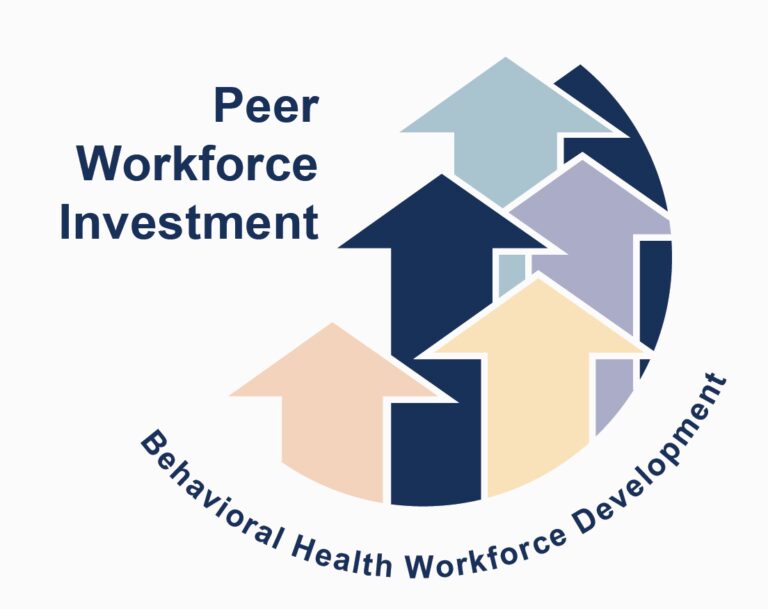Peer Workforce Investment (PWI)

EXPLORE THE IMPACT INFOGRAPHICS
CLOSED PROGRAM ROUNDS
The PWI project helps peer-run behavioral health (BH) programs build capacity and infrastructure for increased service volume and collaboration with other provider types. A peer is an individual who self-identifies as having lived experience with the process of recovery from mental illness, substance use disorder (SUD), or both, either as a consumer of services related to these conditions, or as the parent or family member of the consumer. The purpose of the PWI project is to develop BH peer programs’ staff competence, certification, and capacity for increased service volume and collaboration with other provider types.
PWI helps to expand, elevate, enhance, and empower BH peer-run organizations throughout California. The PWI grant funding supports grantees to:
- Expand peer-run BH program staffing and capacity to assist people.
- Elevate the profile of BH peer-run programs with other entities in their communities and statewide through outreach and collaboration.
- Enhance the quality of peer-run programming statewide through education, training, and improved monitoring and supervision.
- Empower peer-run programs to realize their full potential, including through strategic planning, and management support.
Round 1 of the PWI project ran from July 1, 2021, to December 31, 2023, and supported 45 peer-run BH organizations in preparing to “set the table” to bill Medi-Cal for peer support services. The PWI program has a special interest in programs reaching underserved communities, including programs that offer bilingual and cultural expertise and those in rural settings. Round 2 of the PWI project runs from June 1, 2023, to December 31, 2024, and supports six new organizations in four counties.
The map below shows county distribution of grantees.

